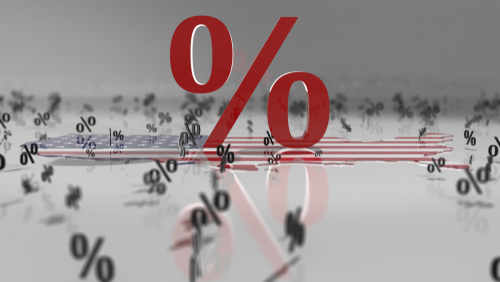U.S. Rep. Carolyn Maloney (D-NY) cautioned Federal Reserve Board Chairman Jerome Powell not to raise interest rates too soon as it would impact the economic recovery.

Maloney, chair of the House Committee on Oversight and Reform, made her remarks to Powell at a hearing on the coronavirus crisis entitled, Lessons Learned: The Federal Reserve’s Response to the Coronavirus Pandemic.
“I’m very concerned that the Fed is going to raise rates too early, which would seriously harm the economic recovery. As you stated last week, much of the recent rise in inflation had actually been expected. I strongly believe the recent spike in inflation will only be temporary and shouldn’t cause the Fed to raise interest rates too soon. In the early months of the pandemic, prices fell incredibly low, so now, a year later, the year-over-year rise in prices looks very high. But that was only because prices fell to artificially low levels last year at this time. This is something that everyone saw coming for many months, and so shouldn’t come as a surprise at all,” Maloney said during her exchange with Powell.
Maloney asked Powell how much of the recent rise in inflation he attributes to artificially low prices from early in the pandemic. She also asked how much he attributes to other effects, like supply bottlenecks pushing up prices and a rebound in economic activity.
“A pretty substantial part, or perhaps all of the overshoot and inflation, comes from categories that are directly affected by the reopening of the economy, such as used cars and trucks, in particular, there’s a sort of a perfect storm of very strong demand and weak supply due to the reopening of the economy and various factors. We see airplane tickets, we see hotel prices, we see other things. So those are things that we would look to start going up and ultimately to start to decline as these situations resolve themselves. They don’t’ speak to a broadly tight economy, to the kind of thing that has led to inflation over time. I will say that these effects have been larger than we expected, and they may turn out to be more persistent than we’ve expected. But the incoming data are very much consistent with the view that these are factors that will wane over time. Inflation will then move down toward our goals, and we’ll be monitoring that carefully. Of course, we’re prepared to use our tools as appropriate if that turns out not to be the case, to guide inflation to 2 percent,” Powell answered.
She also asked him if he has any concerns relying on traditional inflation statistics in setting monetary policy, given that they may be unreliable right now.
“I think the overall point is that the data that we’re looking at in the labor market, and for inflation and for growth, it’s in such an unusual setting of reopening the economy we have to be very humble about our ability to really try to draw signal out of it, and it may take some patience to see what really is happening,” Powell responded.